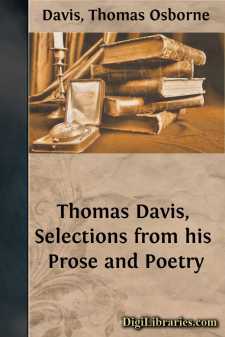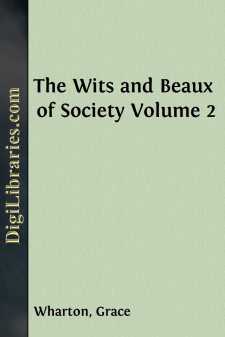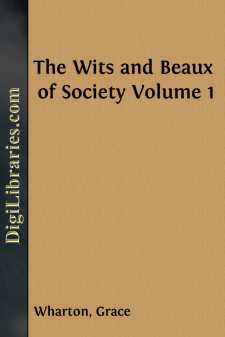History
- Africa 30
- Americas (North Central South West Indies) 50
- Ancient 68
- Asia 58
- Australia & New Zealand 8
- Canada 41
- Caribbean & West Indies 1
- Civilization 20
- Eastern Europe 12
- Europe
- Expeditions & Discoveries 60
- General 77
- Historical Geography 1
- Jewish 9
- Latin America 3
- Medieval 8
- Middle East 13
- Military 248
- Revolutionary 8
- Study & Teaching 5
- United States 353
- Western Europe 56
- World 13
Europe Books
Sort by:
THE CONSULATE (1799-1804). For more than ten years, amid unheard of shocks and sufferings, France had been seeking for a free and regular government, that might assure to her the new rights which had only been gained through tribulation. She had overthrown the Monarchy and attempted a Republic; she had accepted and rejected three constitutions, all the while struggling single-handed with Europe,...
more...
CHAPTER I The eleventh century, which culminated in the religious fervor of the First Crusade, must not on that account be considered as an age of unexampled piety and devotion. Good men there were and true, and women of great intellectual and moral force, but it cannot be said that the time was characterized by any deep and sincere religious feeling which showed itself in the general conduct of...
more...
The Age of the Countess Matilda of Tuscany The eleventh century, which culminated in the religious fervor of the First Crusade, must not on that account be considered as an age of unexampled piety and devotion. Good men there were and true, and women of great intellectual and moral force, but it cannot be said that the time was characterized by any deep and sincere religious feeling which showed itself...
more...
PREFACE In the former volume, entitled "William Pitt and National Revival," I sought to trace the career of Pitt the Younger up to the year 1791. Until then he was occupied almost entirely with attempts to repair the evils arising out of the old order of things. Retrenchment and Reform were his first watchwords; and though in the year 1785 he failed in his efforts to renovate the life of...
more...
TWENTY YEARS OF BALKAN TANGLE CHAPTER ONE PICKING UP THE THREADS It was in Cetinje in August, 1900, that I first picked up a thread of the Balkan tangle, little thinking how deeply enmeshed I should later become, and still less how this tangle would ultimately affect the whole world. Chance, or the Fates, took me Near Eastward. Completely exhausted by constant attendance on an invalid relative, the...
more...
by:
Archibald Alison
JOURNEY TO PARIS. We passed through Kent in our way to France, on Sunday the first of May 1814. This day's journey was very delightful. The whole scenery around us,—the richness of the fields and woods, then beginning to assume the first colours of spring; the extent and excellence of the cultivation; the thriving condition of the towns, and the smiling aspect of the neat and clean villages...
more...
INTRODUCTION. In the present edition of Thomas Davis it is designed to offer a selection of his writings more fully representative than has hitherto appeared in one volume. The book opens with the best of his historical studies—his masterly vindication of the much-maligned Irish Parliament of James II. Next follows a selection of his literary, historical and political articles from The Nation and...
more...
by:
Grace Wharton
HORACE WALPOLE.The Commoners of England.—Horace's Regret for the Death of his Mother.— 'Little Horace' in Arlington Street.—Introduced to George I.— Characteristic Anecdote of George I.—Walpole's Education.—Schoolboy Days.—Boyish Friendships.—Companionship of Gray.—A Dreary Doom.— Walpole's Description of Youthful Delights.—Anecdote of Pope and Frederic of...
more...
by:
Grace Wharton
GEORGE VILLIERS, SECOND DUKE OF BUCKINGHAM. Signs of the Restoration.—Samuel Pepys in his Glory.—A Royal Company.—Pepys 'ready to Weep.'—The Playmate of Charles II.—George Villiers's Inheritance.—Two Gallant Young Noblemen.—The Brave Francis Villiers.—After the Battle of Worcester.—Disguising the King.—Villiers in Hiding.—He appears as a...
more...
by:
Henry Morley
INTRODUCTION. Again, on behalf of readers of this National Library, I have to thank a poet of our day—in this case the Oxford Professor of Poetry—for joining his voice to the voices of the past through which our better life is quickened for the duties of to-day. Not for his own verse only, but for his fine sense also of what is truest in the poets who have gone before, the name of Francis Turner...
more...











